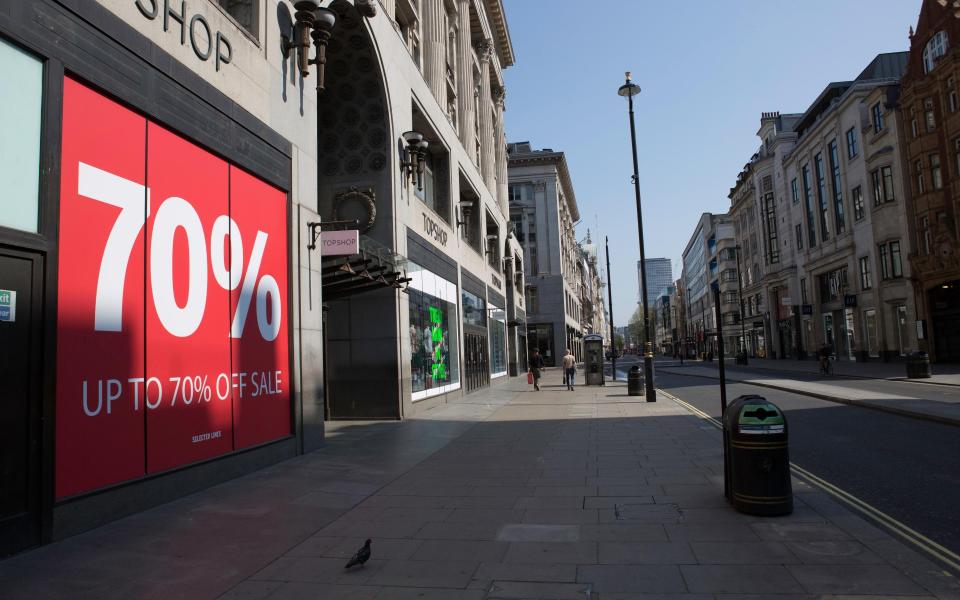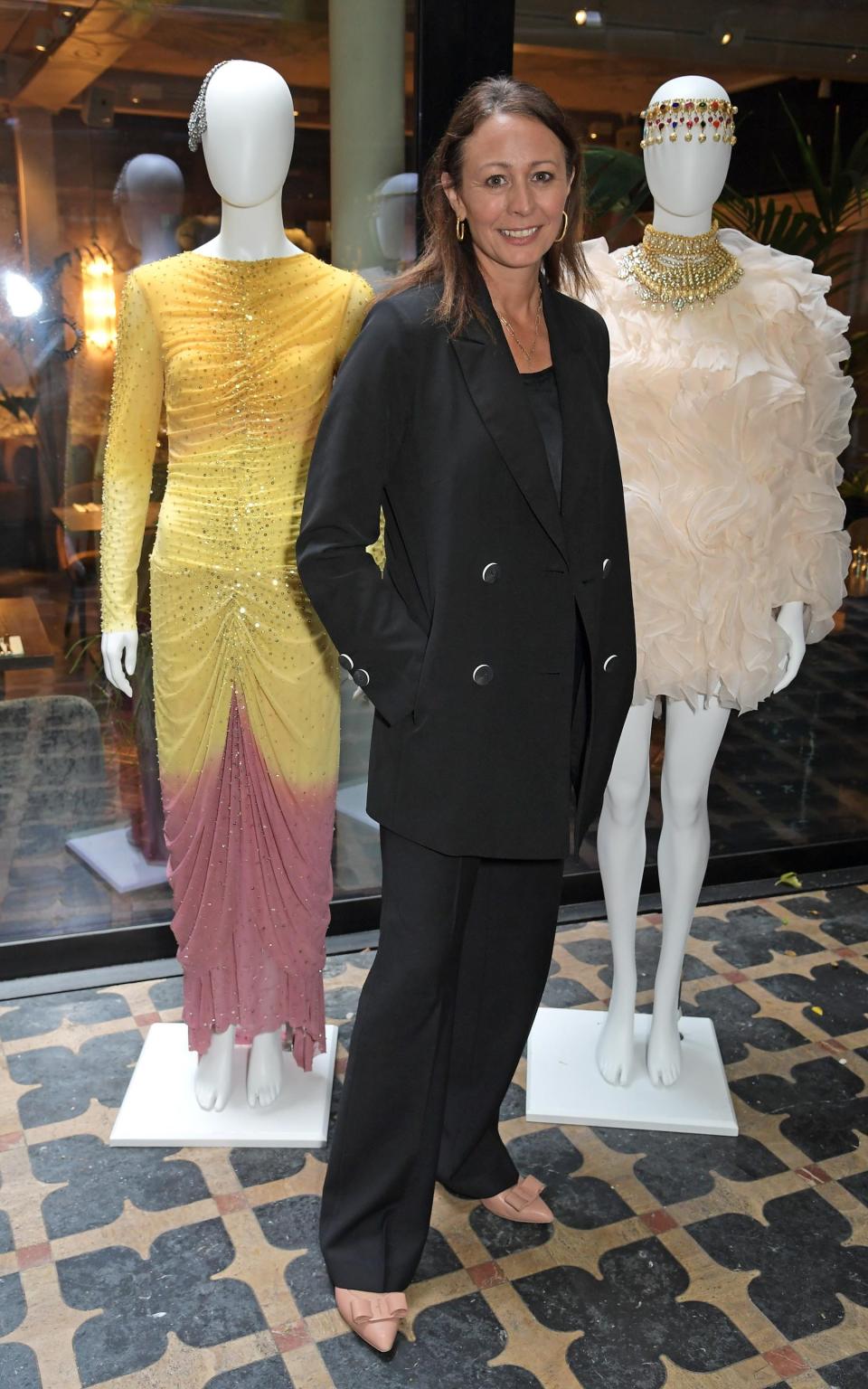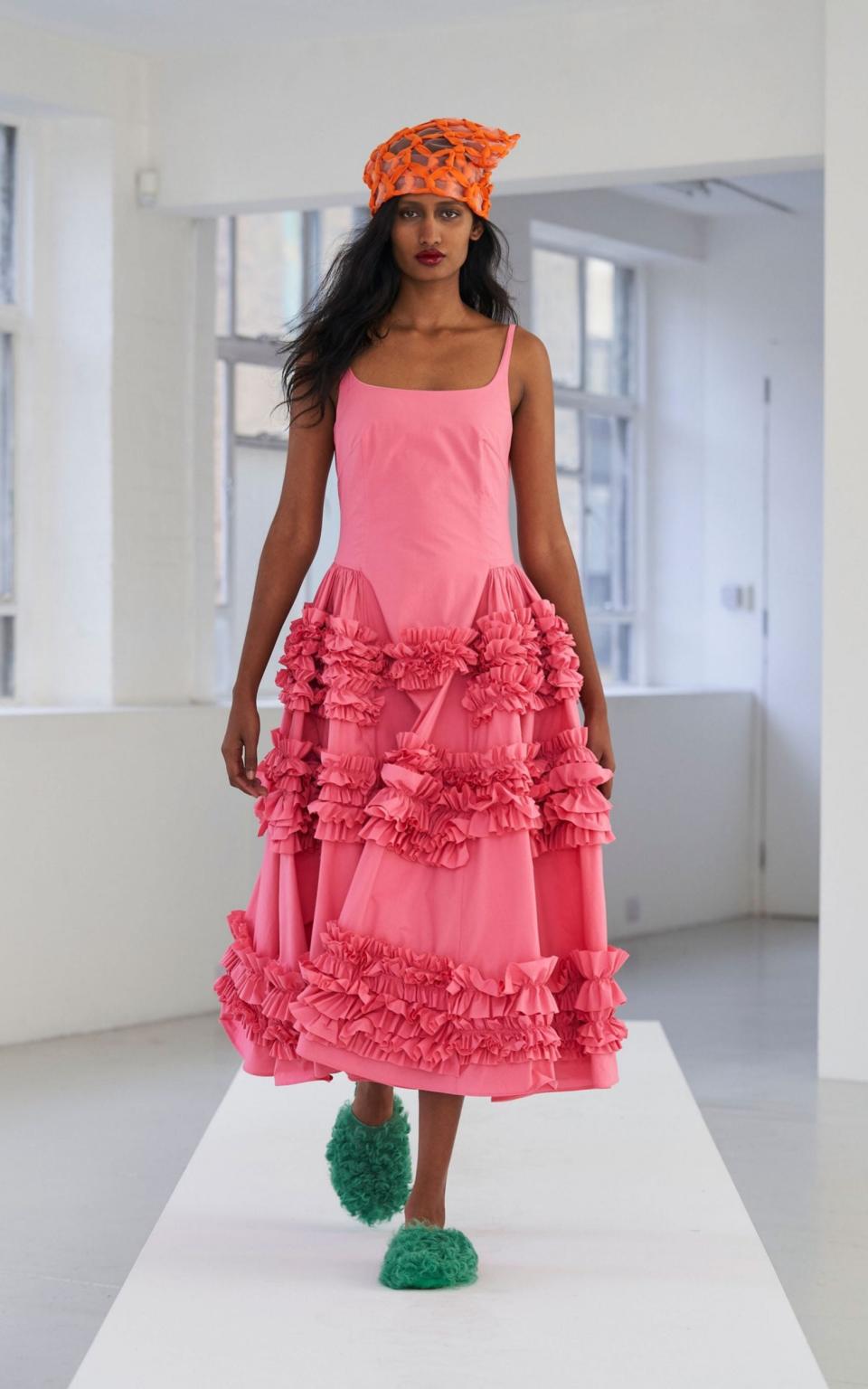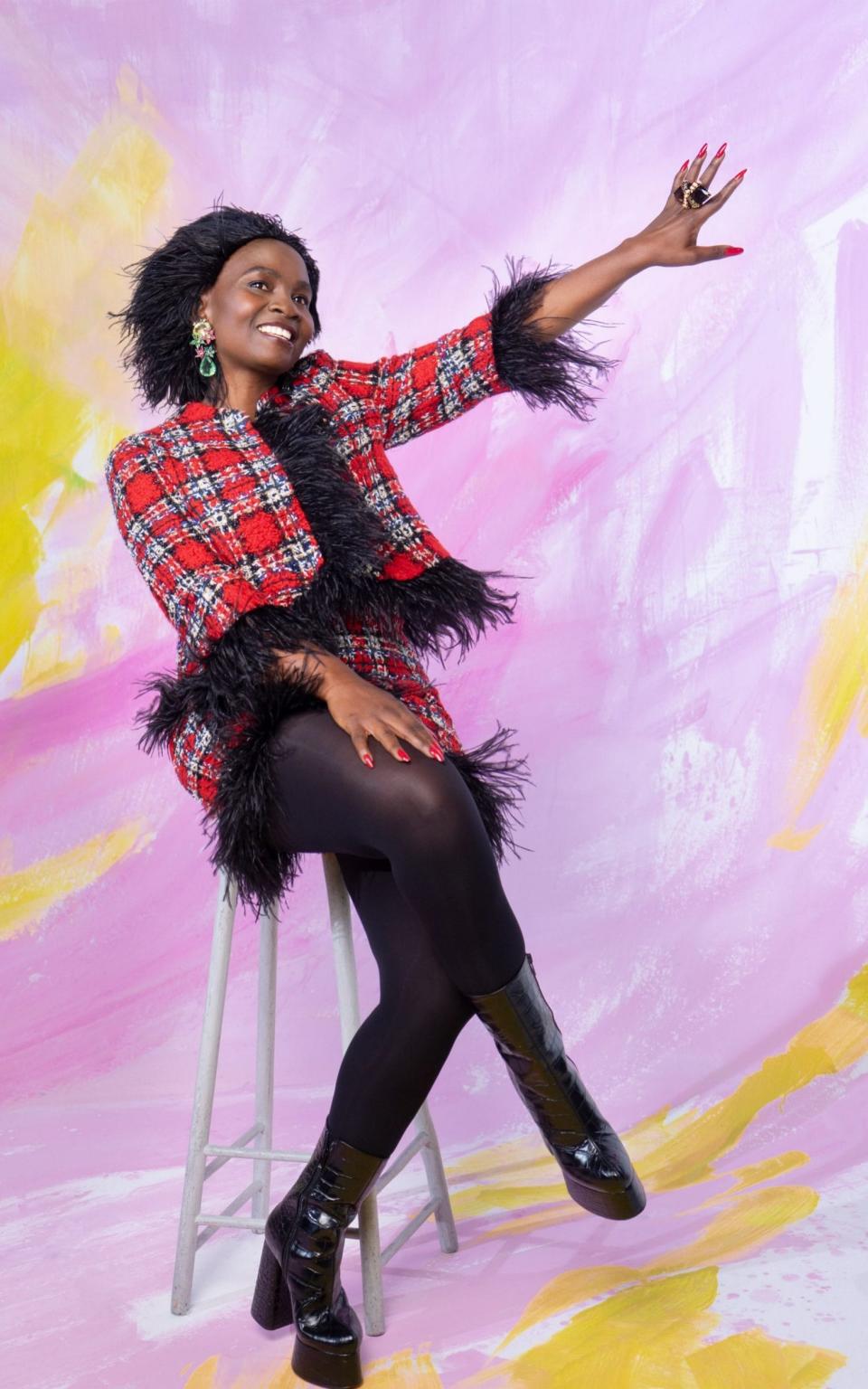Sir Paul Smith: 'In my fifty years, I've never faced a challenge as devastating as this'

Sir Paul Smith has warned that the effects of the Covid-19 crisis are having a “devastating” impact on the fashion industry.
“It’s been a very difficult few months not just for fashion but for many industries,” the veteran British designer tells The Telegraph, “the strong likelihood of a second wave will quite rightly make people even more nervous.”
Coats, handbags and dresses may not have been the first things people worried about when Boris Johnson nudged England back in the direction of lockdown on Tuesday evening. But while 10pm restaurant closures and a return to working from home will hit hospitality harder than most, it is still a devastating blow for the fashion industry - particularly since retailers and designers were just beginning to find their feet again after a rocky summer.

“Footfall in cities across the world is down enormously and we have shops in many major cities,” adds Sir Paul. “Yes, sales online have increased but not enough to compensate for the deficit felt in shops.”
Landlords have to understand they will have empty properties unless they help out urgently. During my fifty years there have been many challenges but I have to admit none as devastating as this one, I’m delighted that the loyalty to Paul Smith is strong and we are sure that we can weather this storm.”
It is not only designers that are in trouble. Employees across the fashion industry – from styling to retail – have struggled for the last six months and are now looking down the barrel of a particularly difficult winter, as Britons are being urged to stay at home.
“The past few months have been very challenging for all of us,” Caroline Rush, the CEO of the British Fashion Council, tells The Telegraph. “It is now more important than ever for everyone to play their part, in order to get the country and the economy going again, despite the difficulties we will face. For the fashion industry, the national lockdown, coupled with an important drop in consumer demand meant that a lot of businesses face uncertainty.”

Earlier this year, the British Fashion Council released statistics showing that the pandemic would hit fashion twice as hard as the UK overall, wiping out all of the growth achieved by the industry over the last decade. If you include supply chains, fashion employs almost 1% of the British population, and predicted job losses of nearly quarter of a million and revenue losses of £30 billion will reverberate through the economy.
As consumers tighten their belts, an entire generation of creative talent is also under threat. The government may have laid out a range of support schemes, but fashion brands have largely slipped through the cracks – hence why on Tuesday, the BFC announced a second round of funding for their Foundation Fashion Fund, which has distributed grants to 30 different British designers including Molly Goddard, Emilia Wickstead and Preen by Thornton Bregazzi.
“The BFC managed to fundraise £1.5m to allocate to businesses and individuals in need, however this is only a drop in the ocean and much more support is needed,” says Rush. “We have asked the Government to consider the future of the sector through a series of measures which include funding to SMEs, R&D funding for clean growth, access to finance to de-risk businesses and moratorium on payment of duty and tariffs to support the restart of international supply chains.”

Although the longer the pandemic goes on for, the more likely it is that we will see a complete restructuring of the industry, starting with where and how we shop and ending with what we buy and why.
“The pre-Covid model of glitzy flagship city-centre destination stores will have to make way for a more bespoke solution, with a flavour of the local village shop where service and community are central pillars of the business strategy,” says Tamara Cincik the founder of government lobbying firm Fashion Roundtable.
“But our retail workforce, many of them women with caring responsibilities, are at real risk of losing their jobs as the drive to online shopping increases, as it won’t bring the same kinds of jobs for the same kinds of workers. We need to address how we not only mitigate against the virus, but also how we support our workers.”

On a weekend that saw the last of the summer sunshine and a range of colourful, thoughtful collections from London Fashion Week designers, there was hope in the air – and an uptick in visitors buying clothes for the new season ahead. But with Tuesday’s grim pronouncements now ringing in everyone’s ears, any belief that autumn sales will be better than lacklustre ones we saw over the summer have been dashed.
“We are in constant communication with the Government,” says Rush, “so we can make sure that they understand the serious challenges our industry faces in both the short and long term.”
For more news, analysis and advice from The Telegraph's fashion desk, click here to sign up to get our weekly newsletter, straight to your inbox every Friday. Follow our Instagram @Telegraphfashion


